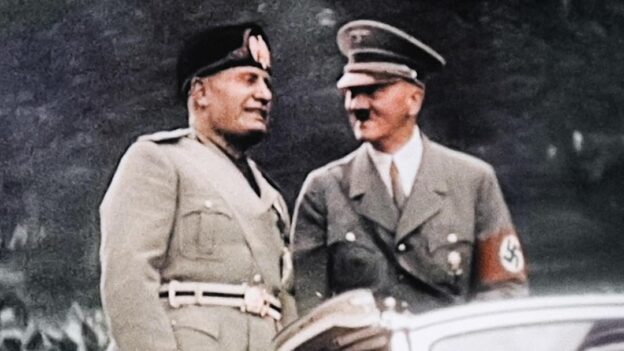Many a Jewish educational institution or organization will readily tell you that fundraising is an uphill slog.
But it’s smooth sailing if you’re an anti-Jewish terrorist entity like Hamas, which, without official fundraisers, receives largesse from a number of eager sources.
There’s Iran, of course. Any cause holding the promise of dead Jews is a shoo-in for the mullahs. And they go the extra mile, offering would-be killers not only cash (according to the State Department, up to $100 million annually to Hamas and other assorted such gangs) but also weapons and training.
Then there is Qatar, which has covered salaries of government (i.e. Hamas) employees in Gaza. And there’s no lack of private groups and individuals in places like Algeria, Sudan, Turkey, and the United Arab Emirates who are more than happy to aid evildoers. And don’t forget the lucrative smuggling of weapons, chemicals and electronics. And income from sham “humanitarian” charities in Western countries.
Like the U.K., at least according to a recent investigation by Israel’s Channel 12. The Brits? Who knew? Not many, it seems, at least until now.
Hamas is banned in the U.K. as the terrorist organization it is. And no one is accusing the country’s government or official entities of intentionally funding it. The problem is that it may be enabling aid to Hamas, by supporting efforts with nefarious connections. By taking, in other words, the famed road of good intentions to an unexpected but not uncommon terminus.
The U.K. and, to be fair, Canada and the European Union, as well as Switzerland, Norway, Sweden and others, have sponsored a project of UNICEF, the U.N. Children’s Emergency Fund, whose beneficiaries are designated by a Hamas-run office, the Ministry of Social Development (MSD).
The program provides monthly cash payments to 546,000 Gazans the MSD deems needy.
The MSD’s head is Ghazi Hamad, a member of Hamas’ politburo. The U.S. Treasury Department identifies him as a “senior Hamas official.”
NGO Monitor, a group that investigates non-governmental organizations, found a document from back in 2022 that shows how the U.K. Foreign Office was aware even then of the involvement of Hamas, “a proscribed group,” with the program. The office was concerned about “severe reputational damage” that revelation of the connection might cause Britain.
All respect is due to traditional British fussiness about appearances, but blimey, there’s a rather larger issue here, namely handing funds over to a member of a terrorist movement and allowing him to disburse them as he sees fit.
And the U.N. agency “is just the tip of the iceberg,” according to NGO Monitor’s legal advisor, Anne Herzberg, “because 13 U.N. agencies are operating in Gaza. There is very little information into how these other U.N. agencies are operating.”
What’s more, there are also Hamas operatives active in the U.K., including Zaker Birawi, a head of the Palestinian Return Center, who has helped organize weekly anti-Israel protests in London. A former member of the Hamas politburo, Issam Yusef Mustafa, a U.K. citizen, is the biggest fundraiser for Hamas in Europe.
In response to a query from Jewish Insider, the British Embassy in Israel insisted that “Hamas is a proscribed terrorist organization in the U.K., and funding or supporting it is a crime.” The embassy, moreover, “categorically reject[s] the false and irresponsible allegations in the Channel 12 investigation,” and maintains that “No U.K. funding was provided to the Ministry of Social Development in Gaza.”
That, though, wasn’t the investigators’ allegation. It was that UNICEF funds the MSD, with cash provided by the U.K. It’s the old “I didn’t give the killer a gun, I just left it on his nighttable” excuse.
The U.K. claims that its Foreign Office monitors where funds provided to UNICEF end up. But allowing a Hamas honcho to be a conduit doesn’t inspire confidence in the effectiveness of that supposed oversight.
Recently, the U.K., along with France and Canada, threatened Israel with “concrete actions” if it does not lift restrictions on humanitarian aid and work with United Nations agencies.
Humanitarians, heal thyselves.
(c) 2025 Ami Magazine









